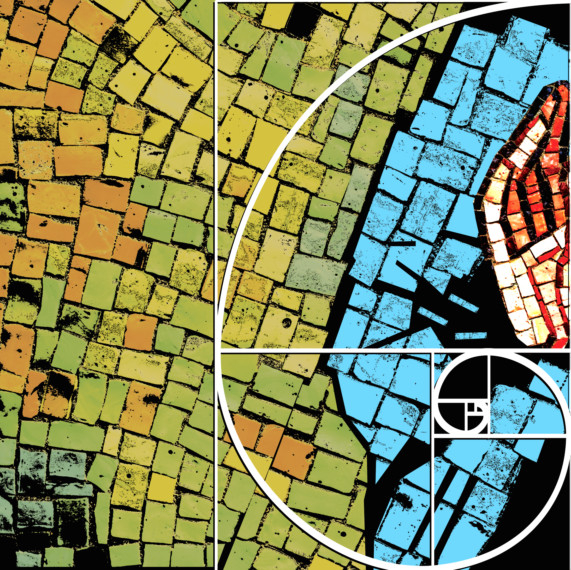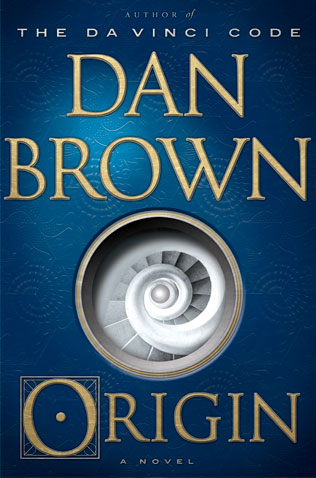By Dan Brown, Penguin Random House, 480 pages, $21.75
A supercomputer killed a geek? There, now I’ve spilled the beans.
In his latest Robert Langdon novel, celebrated author Dan Brown once again brings us his favourite theme — a debate on science vs. religion. In his quest this time, the Harvard symbology professor is down in Bilbao, Spain, where his former student and tech billionaire Edmond Kirsch is making a presentation in which he claims he will reveal an astonishing scientific breakthrough to challenge the fundamentals of human existence. Halfway through the presentation, Kirsch is killed, and the rest of the novel deals with how Langdon, along with Guggenheim Bilbao curator Ambra Vidal — who is engaged to the crown prince of Spain — runs through Kirsch’s cryptic clues to release the rest of his presentation to the world. In their adventure, they are assisted by Winston, Kirsch’s virtual assistant who is at the heart of his newly-built supercomputer.
As Brown takes us through Langdon’s travails, he poses the same question that he raised in his debut novel which introduced the symbologist character. Is creation for real? Or are we just the current end point in the continuous progress of science? While in Angels and Demons, Brown tackled the question through physics and antimatter, Origin seeks to take the route through invoking Darwin and the theory of evolution. Brown refers to an experiment undertaken in the 1950s by biochemists Stanley Miller and Harold Urey, who tried to simulate the primordial conditions under which life on earth was formed. The experiment was unsuccessful at the time. However, in the novel, Kirsch’s supercomputer manages to simulate the same conditions and shows that with time, it was possible to create life in that same experiment.
So, creation or evolution? Brown keeps the answer open. Rather than seeking to merge science and religion, it is best to think of them as two parallel themes. Religion is a matter of faith, science is a matter of fact. Religion provides billions of faithful a succour to gain the confidence to live their life in the belief that someone is watching over them, caring for them. It has been proven that meditation, an age-old religious practice, does wonders in terms of calming the nerves, leading to a peaceful life. On the other hand, science opens up wonderful frontiers we could not have probably dreamt of decades ago, improving our quality of life and curing diseases in ways not thought possible.
But scientific progress also has the impact of de-humanising us — we dine at restaurant to enjoy a good meal but most of our attention is focused on our smartphones, we prefer a WhatsApp message to a telephone call or a personal visit. So while science is shrinking borders on one hand, it is also creating new ones, and Brown continues to highlight this in his work.
While the debate remains the centrepiece of Origin, there is one other theme that Brown pursues in his books, one that is often overlooked — that is of travel. From the classical architecture of Rome in Angels and Demons, the works of art and the churches in France and England in The Da Vinci Code to vivid descriptions of Florence, Venice and Istanbul in Inferno, Brown’s novels are sort of travelogues in themselves. In this book too, as the reader travels from the Abbey of Montserrat to the futuristic installations at the Guggenheim Bilbao Museum and the towering spires of the Sagrada Familia in Barcelona, it seems to me that Brown can become a celebrated travel writer if he chooses to be.
But to return to the debate... As Brown, in his inimical style, reveals the true story behind Kirsch’s murder, he gives us a frightening dose of food for thought — where are we going? Is our quest for technological advance, artificial intelligence, supercomputers, taking us too close to the abyss, where may be one day machines would take over? Probably a paranoid thought, but once you reach the final pages, may be you would agree too.
However, should that mean humans will stop progress? No. However, like in every action, checks and balances are needed. We are planning manned Mars missions but a third of humanity still struggles with hunger and starvation. We reach the other end of the planet through Skype in an instant but forget to spare a thought for the less fortunate. The gap between the haves and the have-nots — forgive the Marxist tone there, probably an unfashionable thing today — are now wider than ever before in history. So would it not be a good idea to spare a few dollars to bring the impoverished out of poverty than to design a better smartphone?
Let us all remember what Rudyard Kipling says in Secret of the Machines:
Though our smoke may hide the Heavens from your eyes,
It will vanish and the stars will shine again,
Because, for all our power and weight and size,
We are nothing more than children of your brain!
Origin, like Brown’s previous works, is a thoroughly enjoyable read as he blends science, architecture, mystery and codes into one heady mix. But please, Dan Brown, one fervent request — if Ron Howard makes a movie on Origin, don’t let him change the story as he did with Angels and Demons and Inferno. They were complete let downs.











